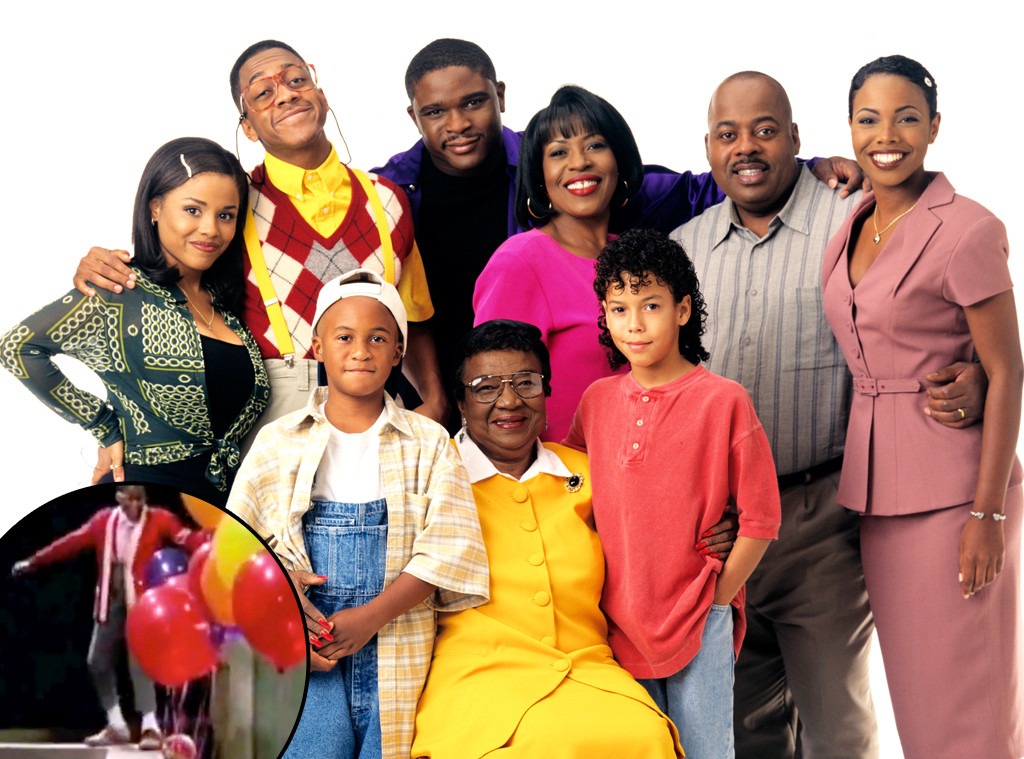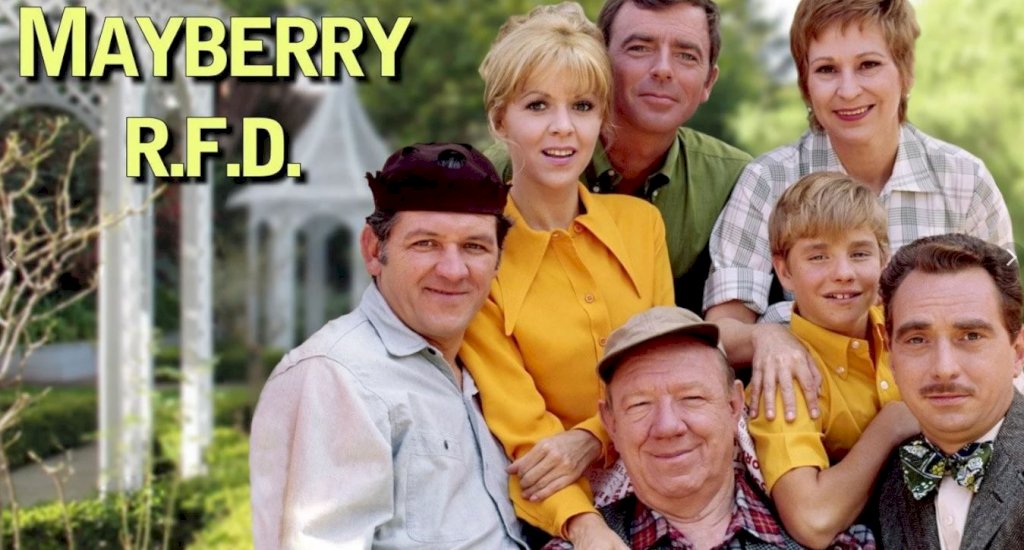"Father Knows Best," the beloved American sitcom that graced television screens from 1954 to 1960, epitomized the idealized family life of the postwar era. Created by Ed James and directed by Peter Tewksbury, the show offered a comforting and heartwarming portrayal of the Anderson family, led by their wise and caring father, Jim Anderson, portrayed by Robert Young. In this comprehensive exploration, we will delve deep into the origins, evolution, cultural impact, legacy, and enduring charm of "Father Knows Best."
(Watch the video below)

The Genesis of "Father Knows Best"

"Father Knows Best" began as a radio program in 1949, created by writer Ed James. The show initially centered around the lives of the Anderson family, with Robert Young as Jim Anderson and June Whitley as his wife, Margaret. The radio version of "Father Knows Best" was well-received by audiences, earning critical acclaim and popularity.
In 1954, the show made a seamless transition to television, with Robert Young reprising his role as Jim Anderson and Jane Wyatt stepping in as Margaret Anderson. The TV series introduced the rest of the Anderson family, including Elinor Donahue as eldest daughter Betty, Billy Gray as son Bud, and Lauren Chapin as the youngest daughter, Kathy.
The Warmth of the Anderson Family
"Father Knows Best" distinguished itself through its heartwarming portrayal of the Anderson family. The show embraced the values of the time, depicting an idyllic, suburban family with strong morals and a genuine affection for one another. The Andersons faced typical family challenges, but the love and respect they shared served as the foundation for their interactions.
Jim Anderson, as the patriarch of the family, embodied the ideal father figure of the 1950s. He was wise, patient, and compassionate, always ready to offer his family advice and support. Robert Young's portrayal of Jim Anderson was so convincing and endearing that he became synonymous with the character, leaving a lasting impact on the series.

Margaret Anderson, as the matriarch, was a nurturing and devoted mother. She struck a balance between being a homemaker and engaging with her children's lives. Margaret's character was a reflection of the traditional gender roles prevalent in the 1950s, but she also displayed intelligence and an independent spirit.
The Anderson children, Betty, Bud, and Kathy, each had their unique personalities and quirks, making them relatable to viewers of all ages. Their interactions and sibling dynamics added humor and authenticity to the show. "Father Knows Best" managed to balance humor with genuine life lessons, making it an entertaining and educational program for audiences.
Episodes and Storylines
"Father Knows Best" focused on the everyday adventures and challenges of the Anderson family. Each episode explored relatable situations, from school and friendship dilemmas to parenting struggles and workplace issues. The storylines were often grounded in real-life situations, providing viewers with valuable insights and life lessons.
The show frequently tackled important topics such as honesty, responsibility, family values, and the importance of communication. The Andersons encountered problems typical of the time, and each episode offered a positive resolution, reinforcing the idea that love and understanding could overcome any obstacle.

One of the most memorable episodes, "The Promised Playhouse," revolves around Jim Anderson's promise to build a playhouse for Kathy. However, work obligations prevent him from fulfilling his promise on time, leading to valuable lessons about setting priorities and keeping commitments.
Another notable episode, "Bud, the Boxer," delves into the challenges of peer pressure as Bud contemplates participating in a dangerous boxing match. The episode highlights the importance of staying true to one's values and the significance of parental guidance.
Impact and Cultural Significance

"Father Knows Best" made a significant impact on American culture during the 1950s and beyond. It offered a reflection of the idealized family dynamic that many viewers aspired to emulate. The show's portrayal of traditional gender roles and family values aligned with the prevailing societal norms of the time.
The Andersons served as role models for families across America, inspiring a sense of unity and stability. The show was celebrated for its wholesomeness and the positive image it projected, earning the admiration of both parents and children alike.

Furthermore, "Father Knows Best" played a vital role in shaping television's representation of the nuclear family. It was among the first TV shows to present family life in a relatable and reassuring manner, paving the way for other family-oriented sitcoms in the decades that followed.
Legacy and Enduring Popularity

Although "Father Knows Best" ended its original run in 1960, the show's legacy continued to thrive through syndication. Reruns of the series introduced new generations of viewers to the wholesome and endearing world of the Anderson family. Even in modern times, the show maintains a dedicated fan base, with fans praising its timeless charm and universal themes.
sit
The impact of "Father Knows Best" extends beyond the entertainment realm. The show's influence on pop culture is evident in references and parodies in various media, illustrating its enduring legacy as a classic American sitcom.
Conclusion

"Father Knows Best" remains a cherished and beloved series that has stood the test of time. The Anderson family's warmth, love, and wisdom continue to resonate with audiences, making the show a timeless classic that will be remembered for generations to come. Through its portrayal of the idealized American family, "Father Knows Best" captured the hearts of viewers and left an enduring legacy in the annals of television history. The show's ability to blend humor with valuable life lessons made it a true beacon of light during the golden age of television and beyond.


